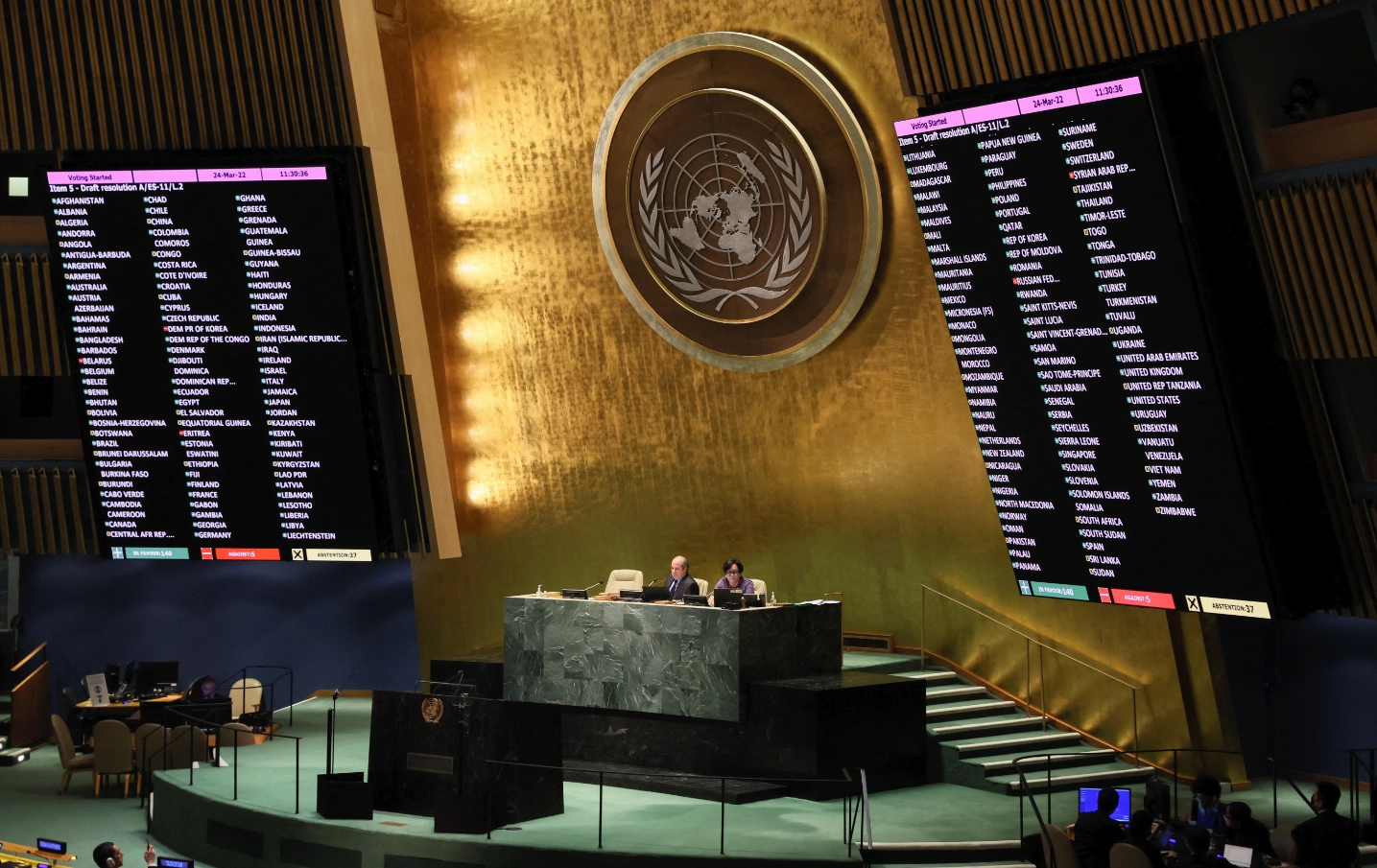Vladimir Putin won the rigged elections held in Russia last March with, allegedly, 87% of the votes. Before the elections, according to recent reports by Amnesty International (from 2022 to 2024), the World Committee to Defend Journalists and the UN Special Rapporteur for Russia, Mariana Katzarova, the Russian government had passed new restrictive laws, closed dozens of radio and television stations and imprisoned, disbarred or induced thousands of journalists, LGBT community leaders, political opponents and other opponents to leave Russia, many of whom are missing or dead.
As has happened for years during their governments, two of their main adversaries died in suspicious circumstances. Last August 23, Yevgeny Prigozhin, head of the military Wagner, after challenging Putin, his plane crashed; and on February 16, the most notorious dissident leader, Aleksei Navalny (imprisoned since 2021), died by “natural causes”, according to the Kremlin, in an inhospitable Siberian prison.
Putin and Trump, far-right and allies
Putin’s victory is great news for his best ally in the West, Donald Trump, who is charged with 91 crimes and who calls the Russian president a “genius” and uses a group of Republicans in Congress to hinder aid to Ukraine and thus favor Russia. In return, Russian government media such as Sputnik, Tass, and Russia Today constantly praise him.
We are facing a collaboration scheme that has become so obvious that, in an attempt to deceive the illusions, a few weeks ago Putin publicly claimed that he would prefer Biden to be reelected.
It is not the first time that Putin and Trump (who had business dealings in Russia), coincide around common political interests. The one known in the United States as the “Mueller report” (2019) concluded that the Russian government favored Trump during the 2016 elections, and further established that it maintained that position for the 2020 elections.
In ideological terms, Putin and Trump coincide. Both are from the far right and share an ultranationalist, supremacist, false moral superiority, and isolationist discourse, contrary to Western institutions such as NATO. They are contrary to civil liberties and the rights of women, ethnic and religious groups, homosexuals, and immigrants.
On this last issue, Trump is in favor of repressing the Latin American migratory flow to the United States. In this, theoretically, he clashes with Latin American governments that call themselves “progressive” or leftist, which historically have tried to project themselves as the greatest defenders of human rights.
Most of the Latin American left ‘de facto’ supports Putin
At a meeting of the Organization of American States (OAS) held on February 21, 25 of the 32 member states voted in favor of a resolution to reiterate their repudiation of the Russian invasion of Ukraine.
In addition to the government of the Caribbean state of St. Vincent and the Grenadines, a member of the British Commonwealth, and the Salvadoran government of the conservative Nayib Bukele, the other five votes against repudiating the invasion came from the left or center-left governments: Brazil, Bolivia, Honduras, Colombia, and Mexico. Originally, in 2022, four of those five countries (Bolivia abstained) repudiated the invasion at the UN, but today they have modified their position on the matter.
This brings them closer to the undemocratic and radical leftist regimes of Cuba, Venezuela, and Nicaragua, which have more clearly endorsed the Russian aggression that violates international law, violates Ukraine’s sovereignty, and tramples on the 1994 Budapest Memorandum. In that document, freely signed by the Ukrainian and Russian governments at the time, Russia made a written commitment to recognize and respect Ukraine’s sovereignty and territorial integrity. In exchange, the Kyiv government handed over 5,000 nuclear weapons.
Among the left-wing Latin American governments, Chile is the most convincing exception. Gabriel Boric has supported Ukraine since the beginning of the conflict and, therefore, the International Order of Law. Moreover, in other instances he has vigorously questioned the violation of human rights in Cuba, Venezuela, and Nicaragua.
At the OAS meeting, also Guatemala’s center-left government, in office since last January, voted in favor of repudiating the invasion.
Lula and Petro: leaders of orthodoxy from democracy
In addition to the absolute support for the Russian invasion by autocrats Nicolás Maduro, Miguel Díaz-Canel, and Daniel Ortega, the leftist leaders of democratic regimes in the region, headed by Luiz Inácio Lula da Silva and Gustavo Petro (who project themselves more than the other presidents as world leaders), also express their consent for this attack perpetrated by an ultra-right-wing regime such as the Russian one.
Both governments have exhibited ideological orthodoxy from their presidencies, which they have somewhat attenuated in the face of the new outrages of the Venezuelan regime against its true opposition during the power processes prior to the elections called for next July. However, they maintain this orthodoxy in the case of the Russian intrusion. Therefore, they see Putin as a strategic ally capable of confronting the government of the United States, the hegemonic power that is the symbol of “evil neoliberal capitalism”.
That is why, affirmatively or by concealment, they support Putin in his barbarism, although he will do everything possible to bring to the presidency of the United States someone who is for them an ideological enemy, whose confrontational styles could weaken relations with their countries and reduce the amounts of remittances they receive from the United States.
Could it be that Trump, in gratitude to Putin for his support in the 2016, 2020, and 2024 elections, would deliberately leave spaces in Latin America from his presidency for Russia to develop its agenda more effectively there?
*Translated by Janaína Ruviaro da Silva from the original in Spanish.











